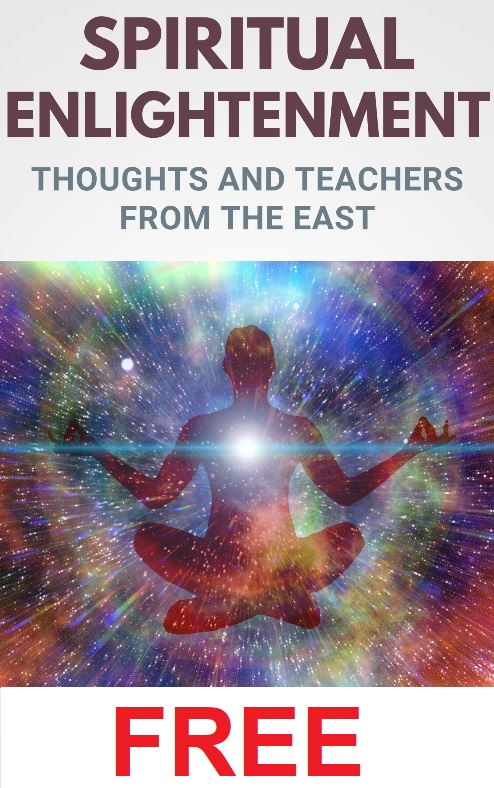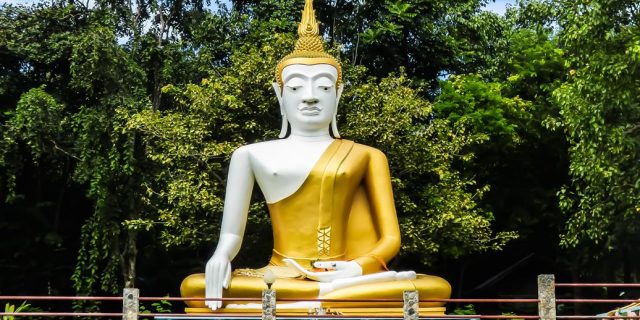
A Silent Retreat typically aims at taking you away from the external and internal noise of your busy and stressful daily life in order to be able to deeply reflect inwardly.

It serves as a means to channel and focus your energy inwards to your more genuine, undiscovered, and/or disturbing beliefs, thoughts and emotions, to subsequently work with those and digest or transform them.
Although not strictly necessary, a Silent Retreat is very often a Spiritual Retreat — closely related to meditation practices — which means that the inner reflection is processed and digested through the lens of the concepts, philosophy, and practices of the spiritual lineage you engage in. This may involve, for instance, Buddhist Vipassana, Tantra, Taoist, or Christian methods and techniques, which additionally can include mantras, meditation, study, exercises, bodywork, and/or prayers, etc.
Silent retreats may take a day, a weekend, weeks, or longer, and the core characteristic of those retreats is that you stay silent during (parts of) the event, that is, that you don’t communicate and interact with others. Nevertheless, often there’s a specific time of the day reserved, which is usually not longer than an hour or so, when you are allowed to communicate either with the retreat leader or with other students (if the retreat is setup as a community experience).

This build-in moment of communication and interaction has as its goal to talk about the experiences you have during your silent period and to order and digest those, or it can simply serve to “relax,” and not go totally “out of your mind.” Then again, some silent retreats allow substantial time to communicate with each other and only have certain designated times of the day where one should be silent, study, or do exercises in silence. It all depends.
Nonetheless, the location and environment of a Silent Retreat is usually one that is already embedded in some form of calm, peacefulness, and silence, typically taking place in a special building or construction (a camp, farm, monastery, church, or temple, etc.) away from urban areas and situated in a natural environment, such as in a forest, the desert, in the countryside, or mountains, and such.
Apart from a more general inward reflection, silent retreats can also serve as a means to work with your addiction(s), to specifically refocus on your goals in life, to achieve spiritual enlightenment or self-realization, among others.













